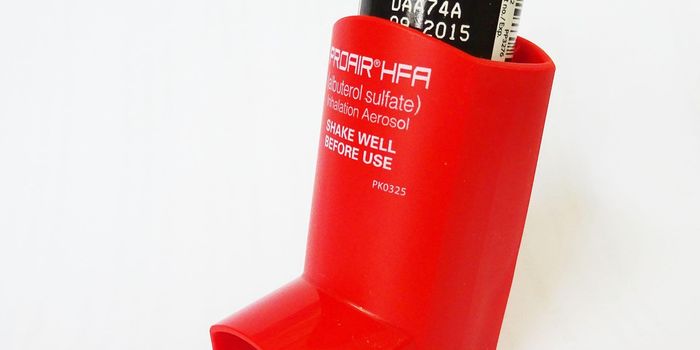Vaccine Prevents Virally-induced Type 1 Diabetes
Scientists aren’t exactly sure what causes type 1 diabetes, although genetics and environmental factors are presumed to be involved. One factor that’s suspected is viral infection, and researchers are moving forward with human clinical trials for a vaccine to prevent virally-induced type 1 diabetes.
Approximately 1.6 million Americans are currently living with type 1 diabetes. Researchers saw a 21 percent increase in the prevalence of type 1 diabetes in individuals under age 20 between 2001 and 2009. Unlike type 2 diabetes, type 1 diabetes is an autoimmune disease characterized by an attack on pancreatic beta cells, which produce insulin that’s needed for storing glucose in cells.
Scientific observations, autopsy observations, and epidemiological studies have together pointed to enterovirus infections as a potential factor leading to the development of type 1 diabetes. Enteroviruses constitute a common group of viruses, and one family of particular interest is the Coxsackie B (CVB) family. Six different strains belong to this viral family, causing anywhere from the common cold to myocarditis and meningitis in the worst-case scenario.
In the past, researchers observed over many years the potential involvement of CVB infection with type 1 diabetes through the analysis of blood samples taken from children with a genetic risk profile for type 1 diabetes. Now, researchers from the current study developed a vaccine that could provide protection from all six CVB strains.
The new vaccine candidate has been tested in mice, where it successfully provided protection from virally-induced type 1 diabetes, and rhesus monkeys – with a genetic profile similar to humans – where researchers observed the production of antibodies to CVB, suggesting viral protection. Human clinical trials of the vaccine are imminent. Upon confirming safety in human use, researchers could deploy the vaccine in children with a genetic risk profile for type 1 diabetes.
"It would be fantastic if the cases of type 1 diabetes that we currently suspect are caused by the Coxsackievirus could be prevented, though it's impossible right now to say what percentage of type 1 diabetes cases would be effected,” explained corresponding author Malin Flodström-Tullberg. “At the same time, the vaccine would give protection against myocarditis, which can have a more severe course in both children and adults, and against many kinds of cold, which keep many people away from school and work."
Sources: University of Jyväskylä, Scientific Advances, JDRF, National Institute of Diabetes and Digestive and Kidney Diseases








